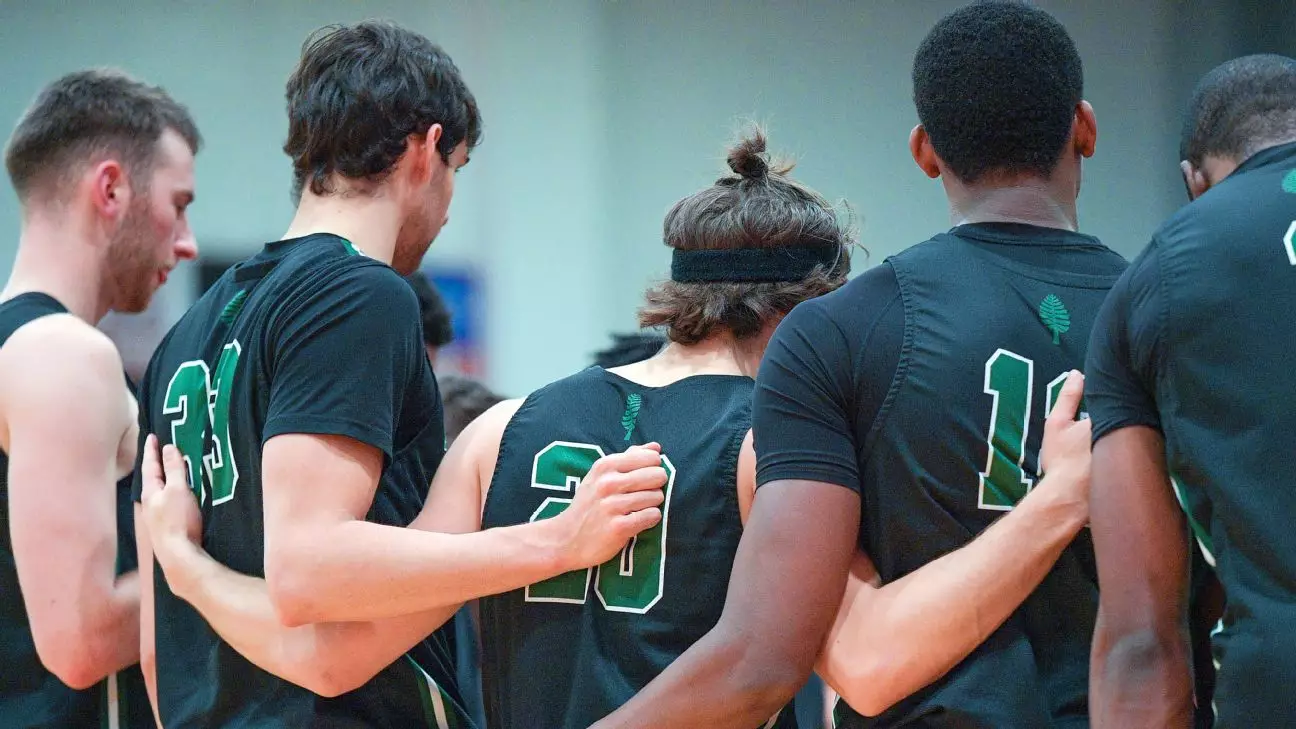The National Labor Relations Board (NLRB) regional official’s recent ruling that Dartmouth basketball players are employees of the school marks a significant milestone in the ongoing debate over the status of NCAA athletes. This decision paves the way for the creation of the first-ever labor union for college athletes, granting them the ability to negotiate not only salary but also working conditions such as practice hours and travel. By recognizing these athletes as employees, the NLRB challenges the long-standing notion promoted by the NCAA and universities that their athletes are primarily students rather than workers. This article examines the implications of this ruling and the potential impact it may have on the collegiate sports landscape.
The NLRB’s Decision
NLRB Regional Director Laura Sacks’s ruling affirms that the Dartmouth men’s basketball team’s members perform work for the university in exchange for compensation. Therefore, they meet the criteria of employees under the National Labor Relations Act. This groundbreaking decision contradicts the NCAA’s insistence on the athletes’ student status and their resistance to acknowledging them as employees. The NCAA’s stance has prompted them to seek legal protection through federal legislation, particularly as the amateur athlete model faces increasing challenges in courts across the country.
Challenges and Potential Consequences
While this ruling is a significant step towards recognizing college athletes as employees, the decision is not without its challenges. Dartmouth can still appeal the regional director’s decision to the national board, as seen in the Northwestern football team’s similar case in 2014. However, the difference here is that an election can proceed, and the ballots can be counted while an appeal is pending. This contrasts with the Northwestern case, where the ballots were destroyed, given the potential impact on the labor market within the conference.
The fact that all eight Ivy League schools are private and do not offer athletic scholarships increases the likelihood of the full board upholding the regional director’s decision. However, this ruling raises important questions about the extent to which other students engaged in extracurricular activities, such as music students, could be classified as employees. The potential consequences of this decision extend beyond athletics and may open the door to broader discussions about the employment status of various university activities.
California is also at the forefront of the movement to recognize college athletes as employees. A complaint filed with a different NLRB body in California argues that football and basketball players at USC should be considered employees of the school, the Pac-12 Conference, and the NCAA. This ongoing hearing further highlights the increasing momentum behind challenging the amateurism model and treating college athletes as workers.
NLRB’s Stance on College Athletes
In a memo from 2021, the NLRB’s General Counsel Jennifer Abruzzo expressed the belief that college athletes should be designated as employees. Abruzzo emphasized the players’ participation in lucrative business enterprises, drawing a parallel between them and professional athletes who are employed to play sports. This assertion aligns with the broader sentiment that college athletics closely resemble professional sports and that athletes deserve proper recognition and compensation for their contributions.
Arguments for and Against Employee Status
Dartmouth argued during the hearing that their basketball players should not be classified as employees since athletics are an integral part of the academic mission of the institution, similar to playing in the orchestra or participating in club sports. They maintain that the primary objective of Dartmouth students is learning, and participation in intercollegiate athletics occurs secondary to their academic pursuits. Additionally, the college contends that the men’s basketball program operates at a financial loss.
Conversely, the players’ attorneys assert that the college’s financial data excludes crucial revenue streams directly attributable to the basketball program. They argue that regardless of profitability, it is essential to consider the revenue generated and the level of control coaches possess over the players. These arguments challenge the traditional amateurism model and highlight the need to reassess the compensation structure for college athletes.
A Changing Landscape
The NLRB’s recognition of Dartmouth basketball players as employees adds fuel to the mounting legal and political threats against the collegiate sports model. With the NCAA facing multiple antitrust lawsuits, including recent challenges to athlete compensation for name, image, and likeness, the traditional amateurism model is rapidly losing its grip. The 2021 Supreme Court ruling allowing additional forms of compensation for college athletes and subsequent NCAA rule changes reflect the evolving landscape and the demand for more equitable treatment.
The recent ruling by the NLRB marks a significant milestone in the long-standing debate surrounding the employment status of college athletes. By recognizing Dartmouth basketball players as employees, the decision challenges the prevailing notion that collegiate athletes are primarily students. With the potential for a labor union and increased negotiation power over their working conditions, college athletes are entering a new era where their contributions and rights are at the forefront. As legal and political challenges continue to reshape the collegiate sports landscape, the future of NCAA athletics hangs in the balance.

Leave a Reply